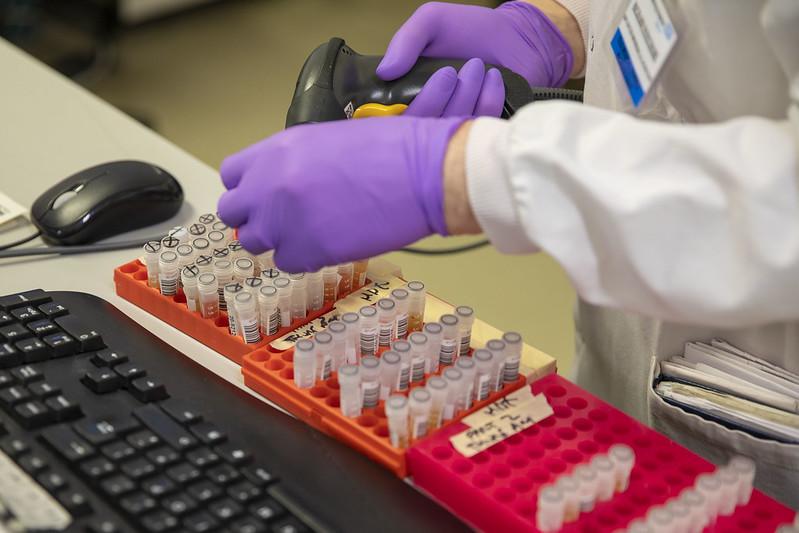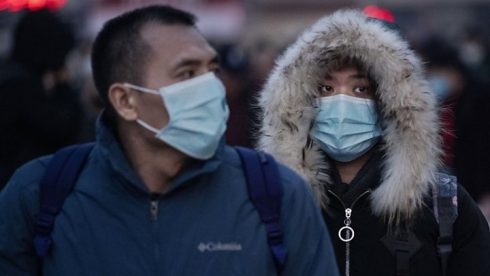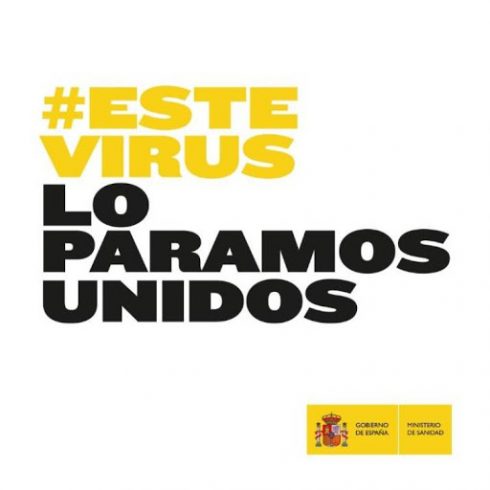SPAIN is set to test tens of thousands of households across the country in a bid to better understand the scope of the coronavirus pandemic.
The government is hoping to discover how much of the population has already recovered from COVID-19 and who may therefore have antibodies, making them immune and unable to infect others.
The study will see 62,400 tests carried out in 30,000 homes across the Spanish territory.
The express blood tests, purchased in China, have already been sent to the autonomous communities after being tested at the Carlos III Institute.
The tests measure the level of antibodies and can tell if a person is sick or if they have beaten the disease.
However, they can have a reliability of about 64% if the person is in the first few days of infection, leading to a risk of false negatives.
To combat this, the health ministry has ordered that if a test comes back negative, that person will undergo a follow up PCR test, which can involve throat swabs or further blood samples which are sent for a deeper analysis at the laboratory.
The mass testing is set to begin within days although health chiefs have yet to commit to an exact start date.
All tests will be repeated 21 says later.
Who will be tested?
The health ministry want to make the study as comprehensive and representative of Spanish society as possible. To achieve this, experts from the National Statistics Institute (INE) will be selecting the sample, focusing on households which have not been tested.
Health professionals will not have to leave their vital work in the hospitals to carry out the tests as they consist of a simple prick of the finger.
It is hoped that some 500 teams of government workers (no more than two people), can begin visiting around 10 homes per day across the country.
Participants in the mass testing will not be forced to take a test, with those taking the samples requiring a signature on a consent form.
Parents will also have to sign off to have their children tested.
Lifting the lockdown
Preliminary studies have suggested that the spread of the virus has affected Spain’s regions differently.
The Health Ministry has therefore not ruled out that measures for lifting the nationwide lockdown may differ between the autonomous communities.
It means that regions which have been less affected or which have seen their situations improve much more rapidly, may see restrictions lifted sooner.
The government has yet to reveal what the first steps will be or when we can expect the lifting of restrictions to begin.
Click here to read more Spain News from The Olive Press.







